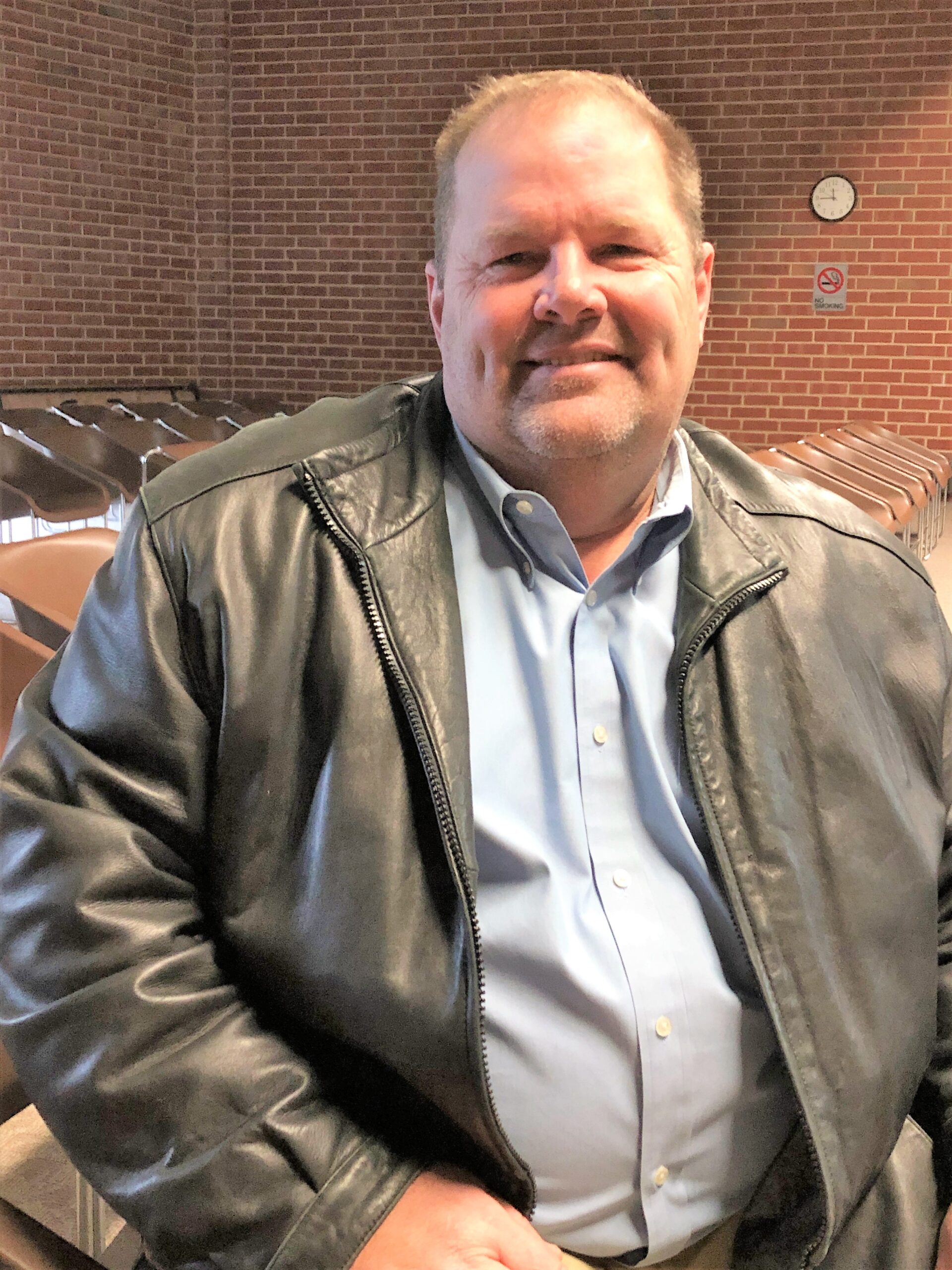
on its Facebook page. The adaptation of the nationwide emergency
alert test the same day underscores how frustrated everyone (except
the speeders) is getting with speeders. (Provided image)
In the Sept. 17 edition of our newsletter, The Weeks, and again in our October print edition, I wrote about my interview with centenarian John Gibson of Danville, grandfather of Shannon Allred of Flossmoor. One of bit of advice he had was that everyone should slow down.
He’s not alone. One of the most common topics on local social media groups is reckless driving.
On Sept. 21, a new mother reported the harrowing experience of trying to cross the Dixie Highway/Ridge Road intersection with her baby.
The next morning, there were 29 comments from others with tales of pedestrians in peril.
My wife, Amy, commutes to Bellwood and comes home most nights with new stories that follow an old theme. Drivers do not care if I live or die, she says, because I am in their way.
A lot of people agree with John Gibson’s advice about slowing the pace of life, but getting more people to follow that advice and stop racing to the next stop light is a seemingly intractable problem.
The village launched its Slow Your Roll program last year. Participants got Homewood Pace Car magnets to put on the back of their vehicles to deliver a hint to the racers out there. I have three on my car. Of course, if other drivers don’t care if I live or die, they aren’t likely to be moved by a gentle hint.
As I noted last month in this column, there are courteous drivers out there. As a cyclist, I wish I could give them all a big hug. They make our little corner of the world a better place for people on two wheels or two feet.
I have a theory that most of the courteous drivers are local. They live in or near H-F. They are part of the community and care about its people. Most of the maniacal motorists are from elsewhere. They are traveling through our villages on their way to somewhere else. We are in their way.
We are part of a dense regional web of economic activity, so it seems to me no one village will be able to solve the problem.
A regional problem probably requires a regional solution, and the solution will require consideration of economic and cultural expectations.
People often say local police should issue more speeding tickets. That might help, but it also might be addressing the symptom rather than the cause.
I think we have to look to the incentives that drive (literally) the behavior. Why do people drive crazily? What advantage is there? Why is it worth risking the life of a young mother and her baby to get around a corner a couple of seconds faster? Who controls the incentives that fuel that behavior? What is their motivation?
Those are big questions. It might take a regional task force of some kind to work toward answers.



